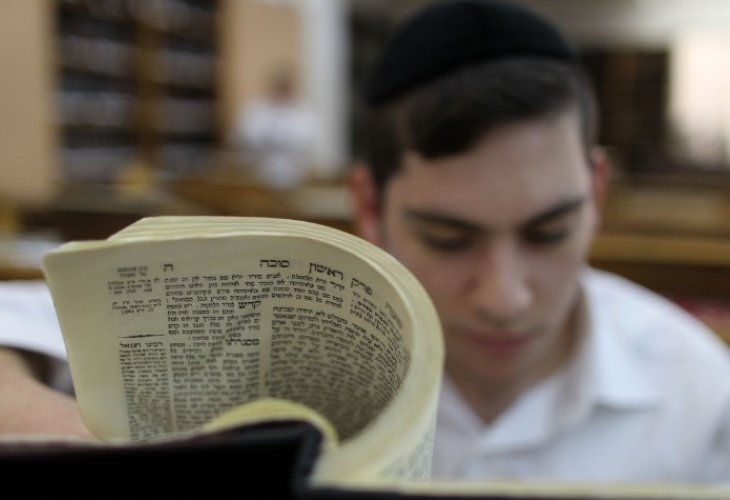Shabbat
“Shabbat Is My Anchor”: A Conversation with Singer Sharona Bagris-Gerafi
After 20 years of performing traditional Yemenite music, Sharona shares the quiet rhythm of her Shabbat and the family melodies that never leave her

What does Shabbat mean to you?
“Shabbat is when everything shifts. It’s a moment of release, like stepping out of the pressure bubble of the week. Suddenly, anything can happen, but without me. A calm settles over me, and my worries recede. My Shabbat is all about family. Guests around the table, my husband chanting the weekly Torah portion in a Yemenite tune, learning together, and a long, peaceful rest. It’s our time to reconnect.”
What’s your typical Shabbat schedule?
“I usually wake up between 6:00 and 7:00. After praying at home, I put the food on the hot plate, then enjoy coffee in the garden or kitchen with my husband before he leaves for synagogue. I read Tehillim (Psalms) as part of a women’s group, then leaf through Shabbat booklets or a good book until my daughter wakes up. At the Shabbat meal, we share insights from the weekly Torah portion and just talk, catching up. After an afternoon nap and seudah shlishit (the third meal), we usually visit family or friends, or they come to us. After Shabbat ends, we make Havdalah (the ceremony that marks the end of Shabbat) and return to weekday life.”
Where do you pray on Shabbat?
“I pray at home. On holidays, I split my time between a Yemenite synagogue and a Sephardic one, especially enjoying the liturgical songs on Yom Kippur. My favorite services were those conducted at the Givat Washington College, where the prayers were in Sephardic style. I still feel a deep connection to that tradition.”
Do you have a favorite Shabbat song?
“Yes, ‘Ki Eshmera Shabbat, Kel Yishmereni’ in the Yemenite melody. It brings me right back to my childhood Shabbatot, when my late mother would lead the singing alongside my father. My father passed the love of Shabbat songs down to his granddaughters, including my daughter Maor. When we gather around the Shabbat table, in his home or mine, the singing is special for all of us, especially for him. Another favorite of my mother’s was ‘Yom HaShabbat Ein Kamohu.’ Every time we sing it, I can see her in my mind.”
If you could host or visit anyone for Shabbat, who would it be?
“I’d love to spend Shabbat with my grandmother, the righteous Hassan-Mazal Madmon, who passed away when I was nine. Most of my childhood Shabbatot were spent at her home in Nes Tziona, where I was also born. I still picture her standing in the courtyard, whispering heartfelt prayers with her eyes and hands lifted to Heaven. Her Shabbat ‘hot plate’ was an old tabun oven, and her backyard bordered an Ashkenazi synagogue. She would often invite worshipers to enjoy her food. I’d also love to host my late in-laws, Shalom and Ora Gerafi, whom I never had the chance to meet. From what I’ve experienced with their children and extended family, they were people of kindness with open homes. I hope the way we live brings them pride.”
What makes your Shabbat different from the rest of the week?
“I try to remember Shabbat starting early in the week, by Tuesday or Wednesday I’m checking whether we’ll have guests. That’s when I start shopping and even prepping salads. The defining feature of Shabbat for me is the quiet; quiet for the soul, little movement, calm for the ears.”
What’s the first thing you do after Shabbat ends?
“After Havdalah and tidying up, I call my father to ask how his Shabbat was, and then I catch up on the news. There’s something stressful about that long silence and not knowing what’s been going on in the country.”
After two decades of singing traditional Yemenite music, singer Sharona Bagris-Gerafi is stepping into a new space with her debut Jewish-Israeli album, P’shar HaChaim (“The Meaning of Life”). The twelve tracks trace a deeply personal and feminine journey of longing, gratitude, joy, and faith, offering her listeners not just music, but a piece of her soul.

